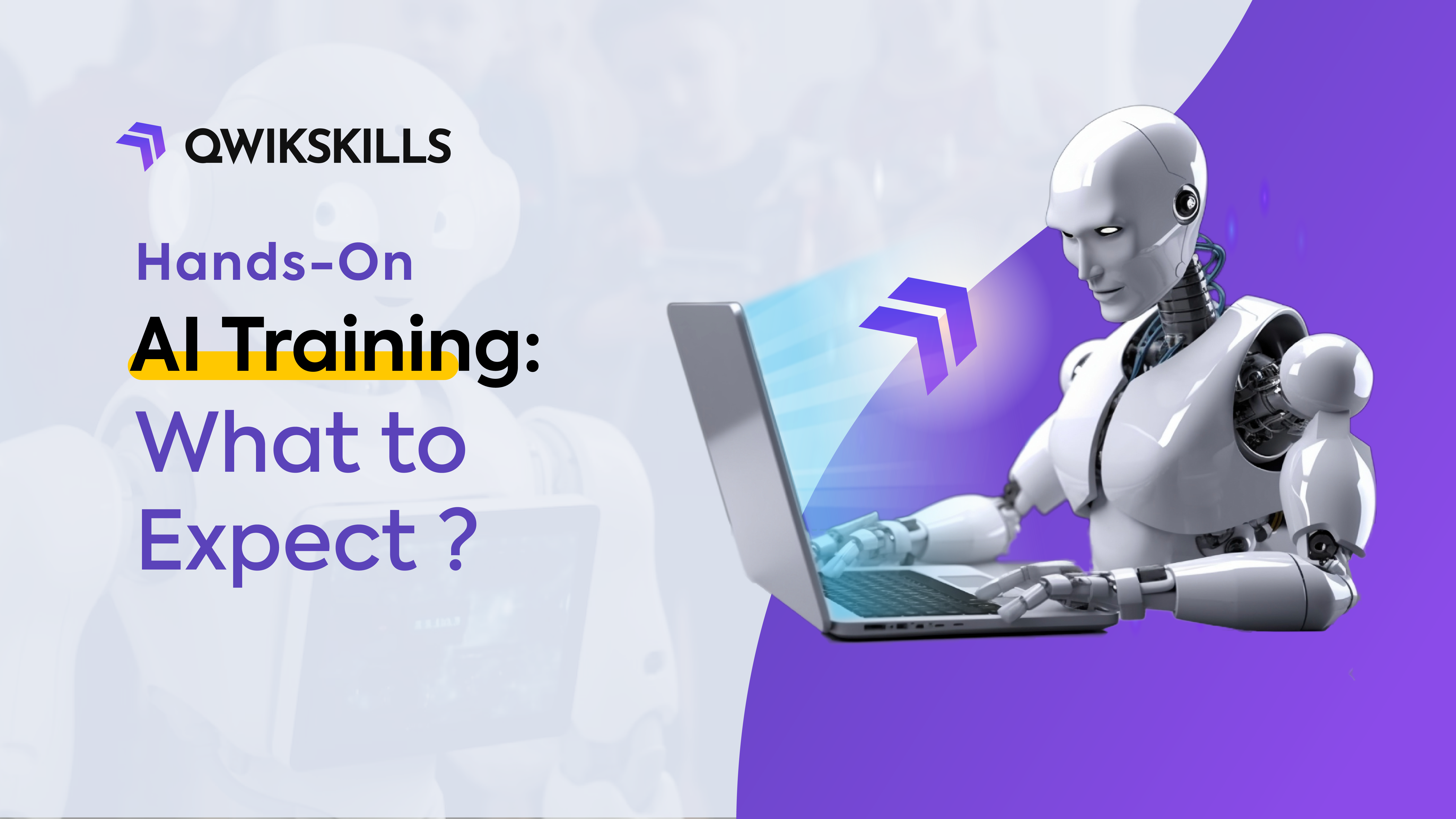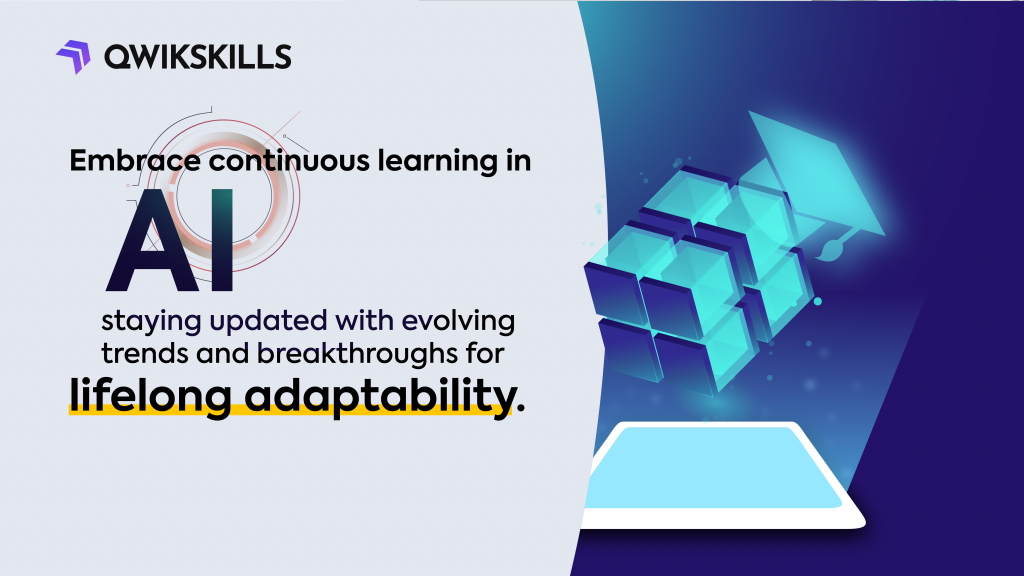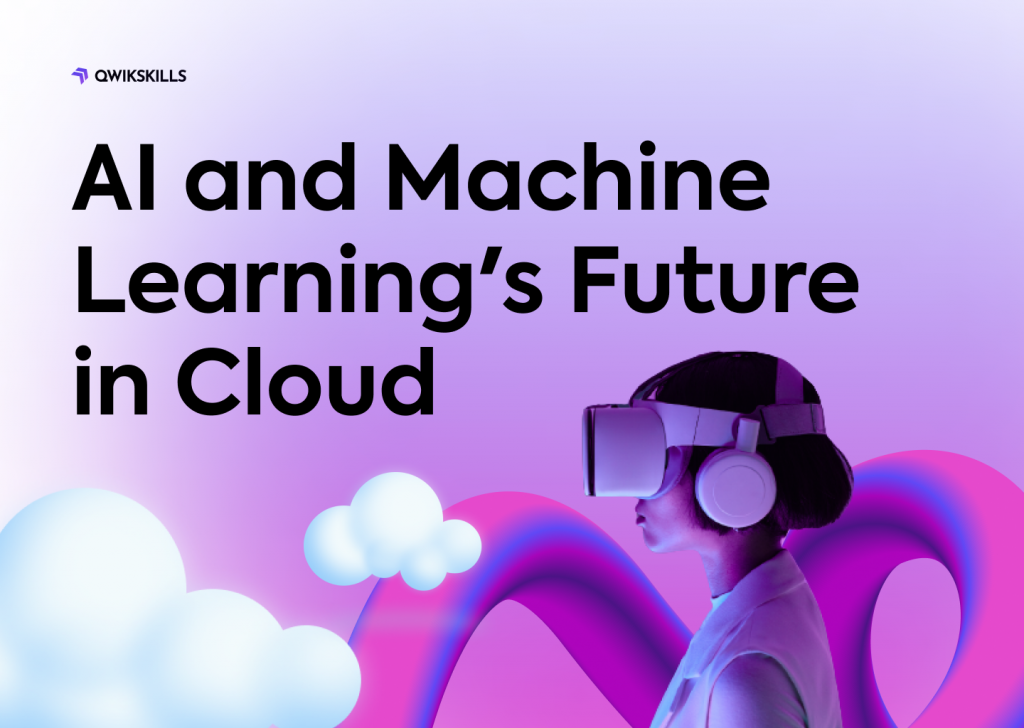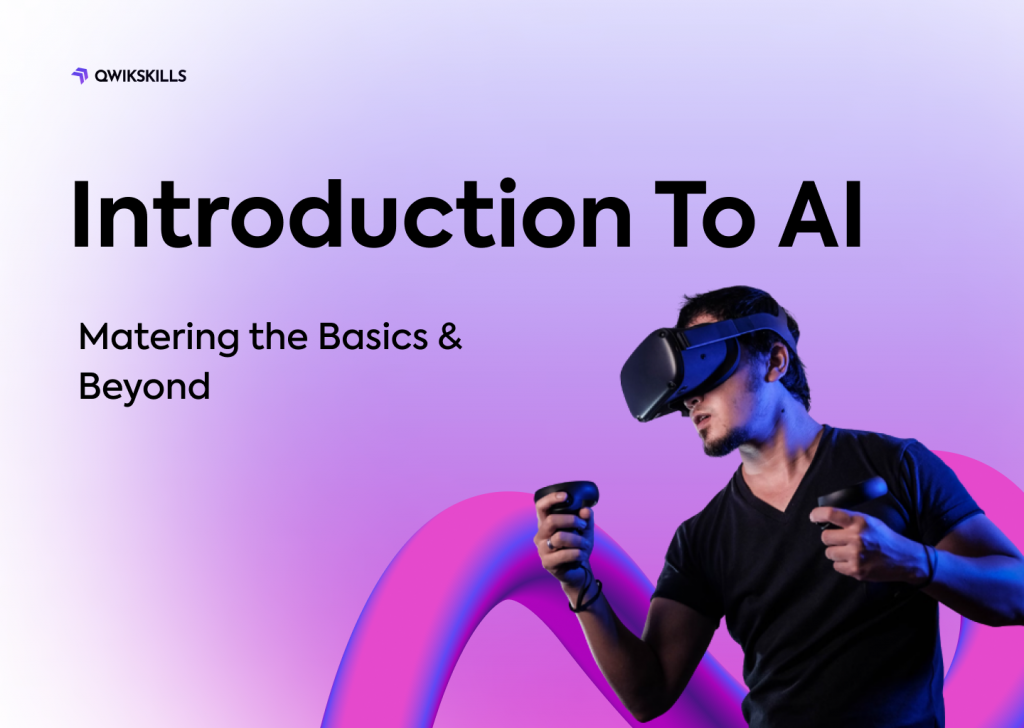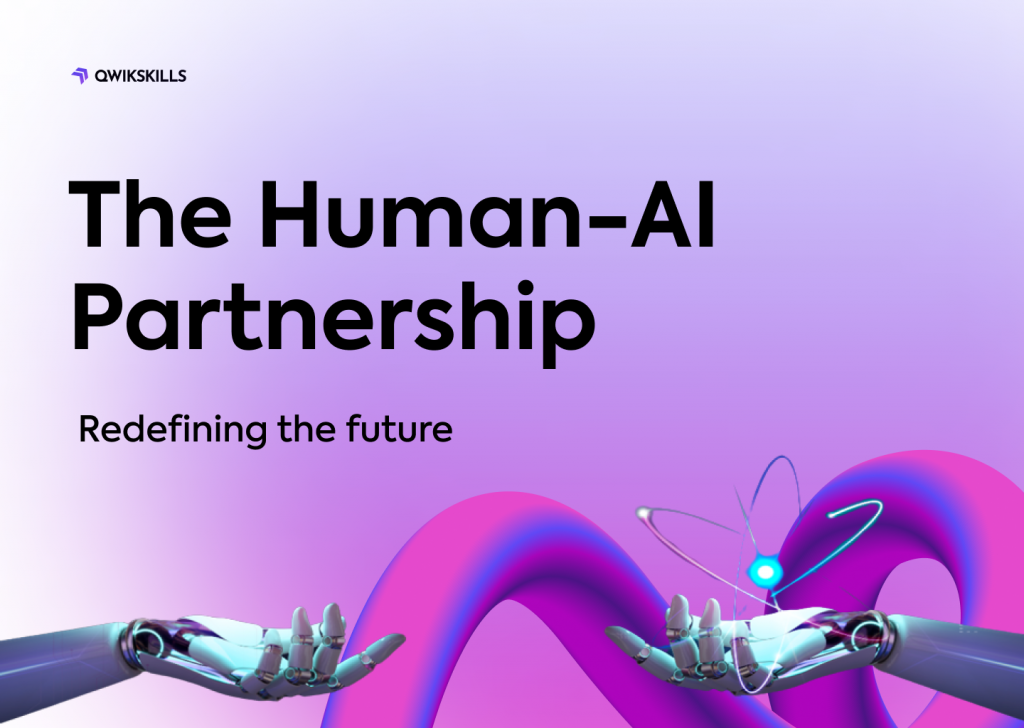In recent years, artificial intelligence (AI) has grown and developed at an unprecedented rate. Those with useful artificial intelligence capacities are popular as artificial intelligence keeps on changing areas all through the world. If you’re thinking about starting an AI training adventure, it’s important to be prepared. In this comprehensive blog, we’ll go over the main concepts of hands-on AI training and explain what you can expect to learn, do, and experience.
Recognizing the fundamentals of Hands-On AI Training
It’s fundamental to have a strong groundwork in artificial intelligence training before starting artificial intelligence preparation. Hope to find out about a few calculations, including support vector machines and straight relapse, as well as how to involve them in useful circumstances.
1. Learn about concepts like machine learning, deep learning, and neural networks.
2. Find out about calculations including support vector machines, decision trees, and linear regression.
3. Learn about methods for preparing data.
Hands-On AI Training Framework Experience
Preparing hands-on artificial intelligence goes past only knowing the theory. It involves using notable AI systems and instruments, permitting you to develop models and calculations effectively. You will get significant involvement with information pre-handling, model preparation, and assessment through active activities and ventures.
1. Use notable artificial intelligence programming, for example, TensorFlow, PyTorch, and sci-kit-learn.
2. Implement AI algorithms and models with efficiency.
3. Get pragmatic involvement with model development, model preparation, and model assessment.
Examining Various AI Applications
AI can be used in marketing, finance, healthcare, and many other sectors. During your hands-on training, you might anticipate learning about various AI applications and how AI is changing these industries. You will have the opportunity to investigate specific AI applications and gain insight into the guiding principles and implementation strategies that they employ.
1. Find out about the purposes of artificial intelligence in showcasing, finance, and different fields.
2. Perceive how artificial intelligence is changing various areas of the industry.
3. Inspect specific applications, for example, those for picture acknowledgment and regular language handling.
Collaborative Learning
In hands-on AI training, collaborative learning and teamwork are frequently utilized. At the point when you team up with others, you can share thoughts, gain from others’ perspectives, and foster your critical abilities to think. Moreover, group projects allow you to put your insight to use in genuine circumstances, which advances a more profound understanding of artificial intelligence and its true applications.
1. Participate in class discussions and interactions.
2. Participate in projects together to exchange concepts and gain perspective.
3. Improve your ability to solve problems by working together more.
Continuous Learning
The field of artificial intelligence is advancing at a rapid rate, with frequently new approaches and developments emerging. The importance of adaptability and ongoing learning is emphasized in practical AI training. Keep up with the most recent AI trends, academic papers, and advancements, and expect to adopt a lifelong learning philosophy.
1. Stress the worth of deep-rooted learning.
2. Keep up with the most recent AI research, innovations, and developments.
3. Perceive how the artificial intelligence area is changing and developing.
Qwikskills’ Hands-on AI training
Qwikskills stands out as a highly practical choice for practical AI training. They offer an amazing learning environment because of their extensive curriculum and pragmatic approach. Their AI training curriculum provides the ideal fusion of theoretical understanding and practical applications, helping students to comprehend the complexities of AI technology.
Qwikskills guarantees that learners receive the assistance and mentoring they require to achieve by providing knowledgeable teachers and an encouraging learning environment. Whether you are a novice or an expert, Qwikskills gives you the knowledge and self-assurance to traverse the fast-developing field of AI.
Conclusion
Taking part in hands-on AI training can be an extraordinary encounter that will give you the information and certainty you want to prevail in the AI industry. Through a combination of theoretical knowledge, real-world experience, collaborative learning, and case studies relevant to the industry, you will gain a comprehensive understanding of AI concepts and applications.
Are you prepared to begin a rewarding journey of hands-on training in the field of artificial intelligence? Visit Qwikskills’ website today to enroll yourself!

